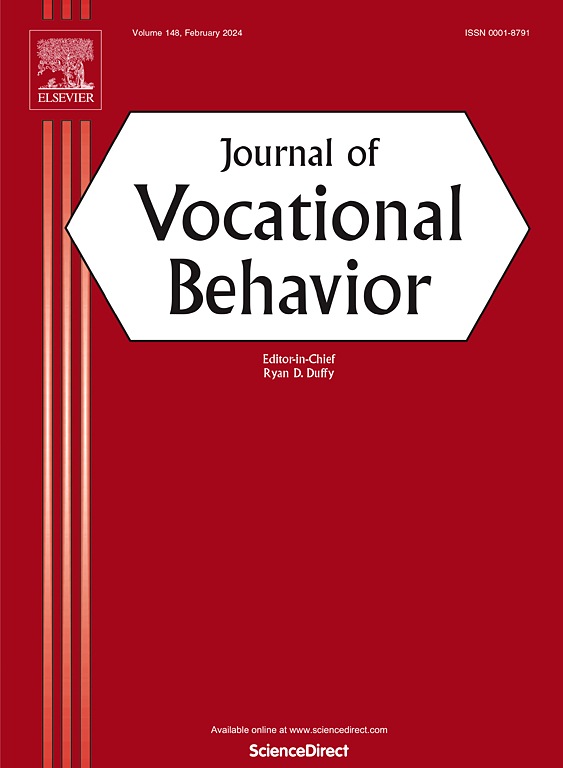Showing authentic examples of academic and career trajectories to influence college students' career exploration
Abstract
College students increasingly use digital information resources to help them make academic and career decisions, but the effects of digital information tools on students' career exploration outcomes are not well understood. We investigate the impact of an online tool that shows the full sequence of course enrollments and the first career destination of recent graduates with matched interests. We conducted a randomized controlled experiment with 234 undergraduate students at a U.S. university to examine the tool's impact on students' career exploration outcomes, specifically their self-efficacy in academic planning for career exploration and behavioral intentions for career exploration. We did not find clear evidence that the tool increased students' self-efficacy and behavioral intentions. However, our exploratory analysis shows that the tool benefited students who were at a later stage in their career decision-making process. We also found that students' awareness of official information sources from archival student records and awareness of holistic information that combines academic and career decisions are important predictors of self-efficacy and behavioral intentions. This study presents a nuanced view of the potential of digital tools to enhance career exploration outcomes through information support. It has important implications for institutional administrators to integrate existing digital resources with traditional career services, creating a more comprehensive support system for students.

 求助内容:
求助内容: 应助结果提醒方式:
应助结果提醒方式:


